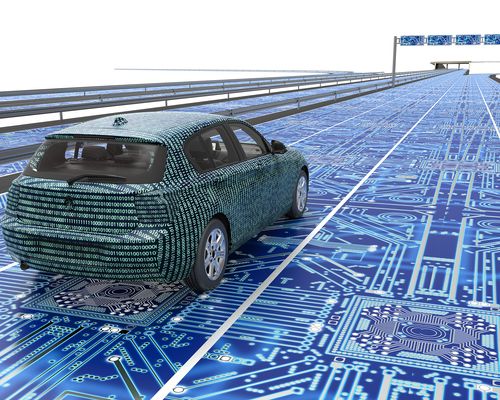Discover the ongoing impact of ITEA: four new stories of innovation


The ITEA Impact stream continues to grow with four new Impact stories. Projects COMPACT, EMPHYSIS, OPTIMUM, and PIANiSM tackle challenges in IoT, automation and manufacturing, reducing costs, risks and time (to market).
COMPACT Impact story
From industrial automation to healthcare, Internet of Things (IoT) has impacted nearly every aspect of our lives. However, the cost pressure of making IoT devices as smart, cheap and energy efficient as possible affects both manufacturing and design costs, with software design accounting for around 45% of the overall System-on-Chip development effort. Fast and efficient software development is thus a key enabler of future growth within the IoT domain. The ITEA project COMPACT brought together 15 partners from Austria, Finland, and Germany to address these challenges.
EMPHYSIS Impact story
In the realm of developing new functionalities, engineers often discover that their profound understanding of the physics governing their products falls short when it comes to crafting functions for embedded targets. While this might result in a never-to-be-realised excellent initial idea of operating and controlling their product in a much smarter way, at the same time it reveals the need for a link between the digital simulation of real-world physics and embedded software leveraging on such physics models. EMPHYSIS established a new open standard - eFMI® - laying the foundation to develop innovative tools, facilitating the realisation of model-based functions directly in embedded software with improved code efficiency.
OPTIMUM Impact story
Today’s control of industrial processes is done in a highly centralised and hierarchical manner. Future concepts like component based and collaborative automation require much more distributed control functionalities. To support this development, OPTIMUM addresses enhancing the aspects of distributed control, adaptation of IoT technologies to industrial needs, enhancement of control and assistance applications by context and location awareness as well as common-model based 3D engineering and supervision. Thus it will support partners and industry in general to get ready for Industry 4.0 challenges.
PIANiSM Impact story
Predictive maintenance (PdM), using data-driven, proactive maintenance techniques designed to analyse the condition of equipment and helping to predict when maintenance should be performed, offers benefits across many fields, from manufacturing to mining to automotive. However, most of these solutions are domain or problem-specific, with implementation costs and complexity serving as obstacles to uptake. PIANiSM aimed to merge predictive and prescriptive maintenance techniques to achieve an end-to-end automated manufacturing process and optimise end-to-end manufacturing value chains.
We invite you to discover the full stories to witness the transformative power of innovation: https://itea4.org/impact-stream.html





